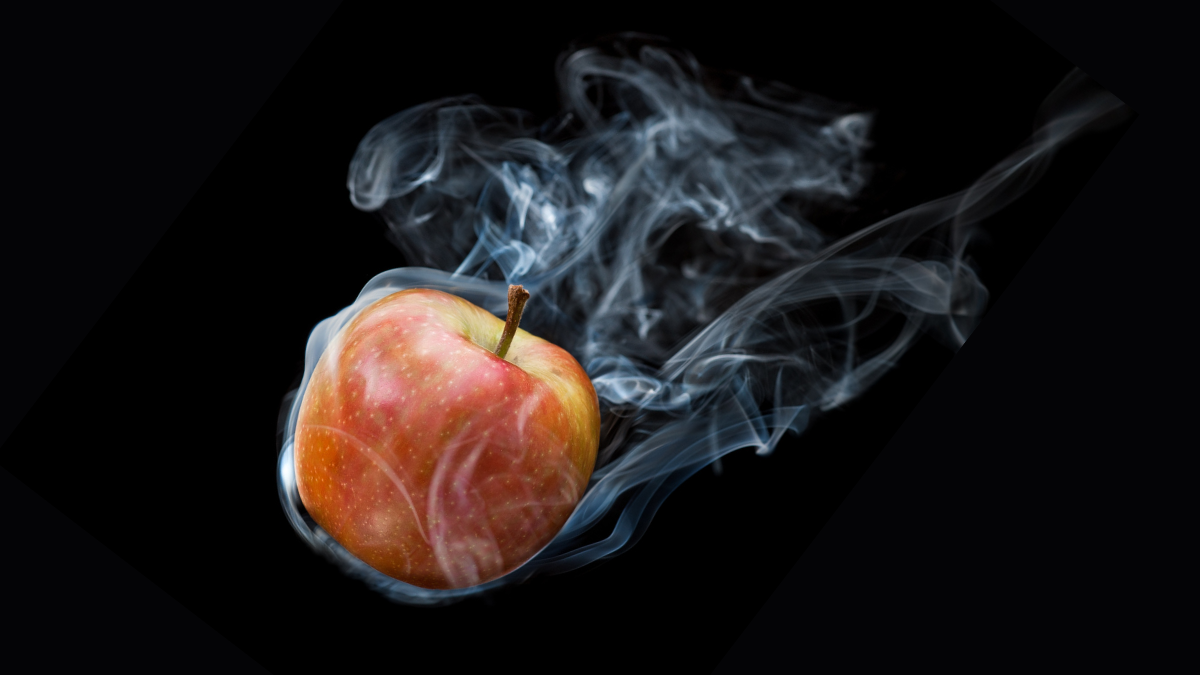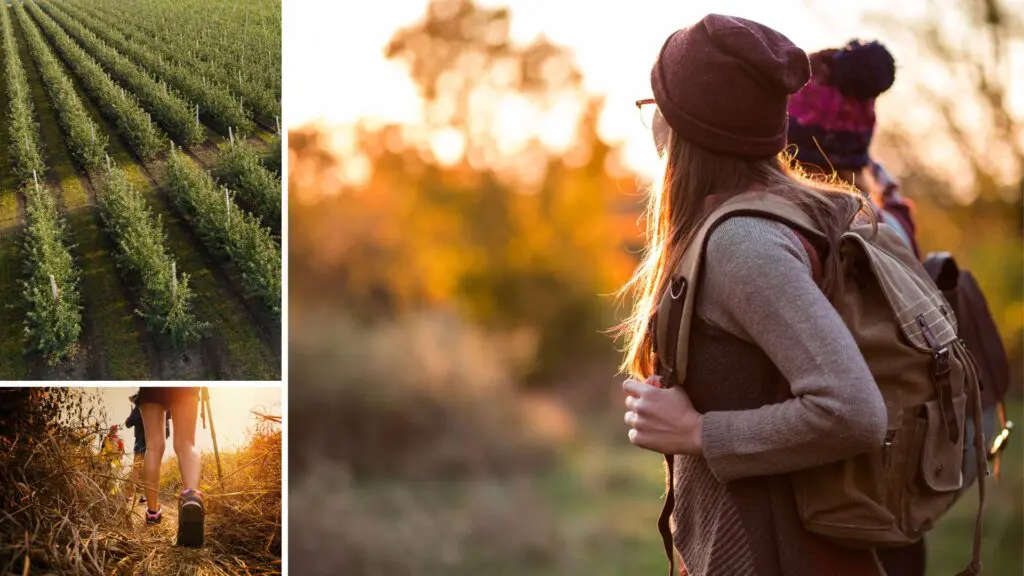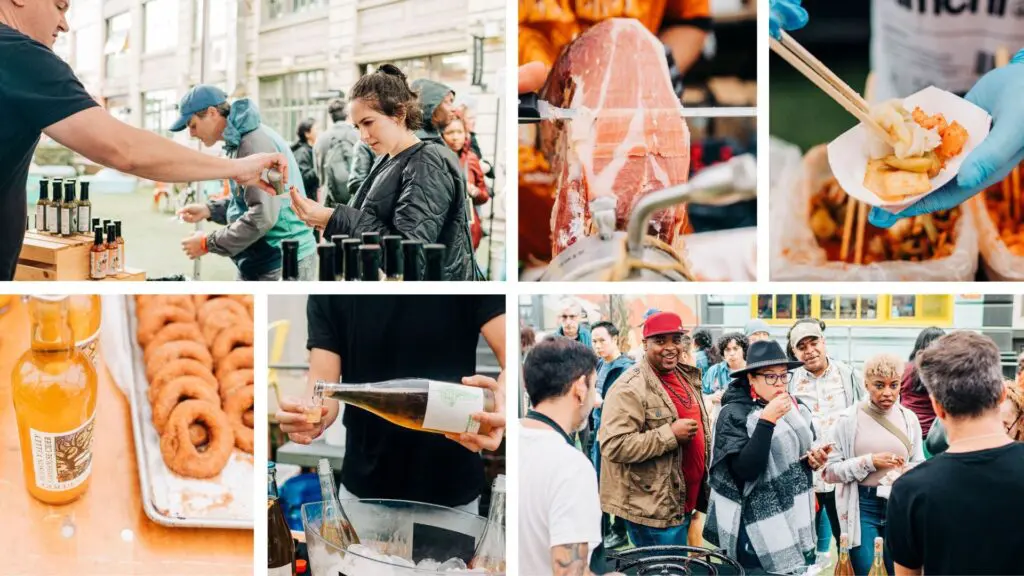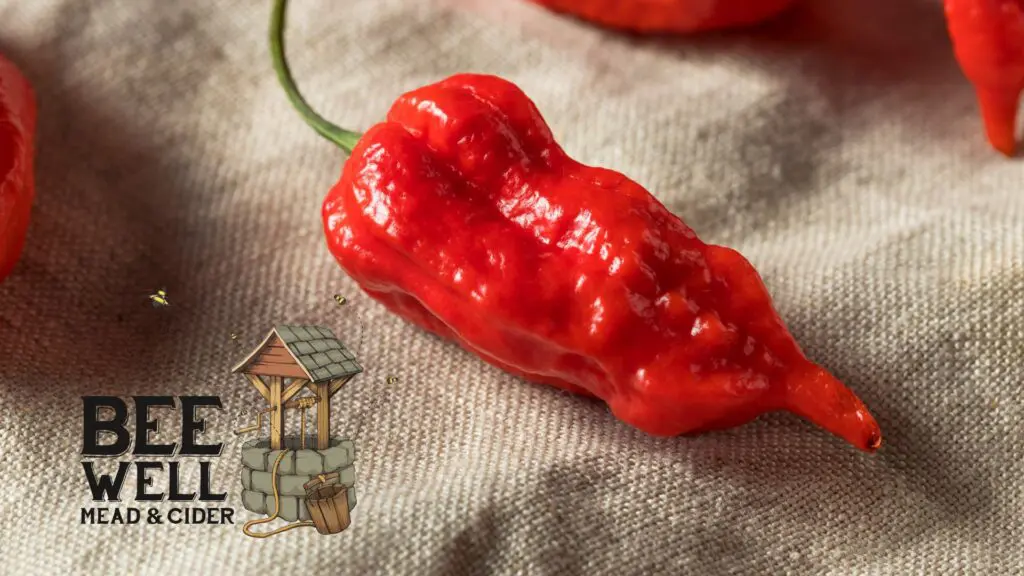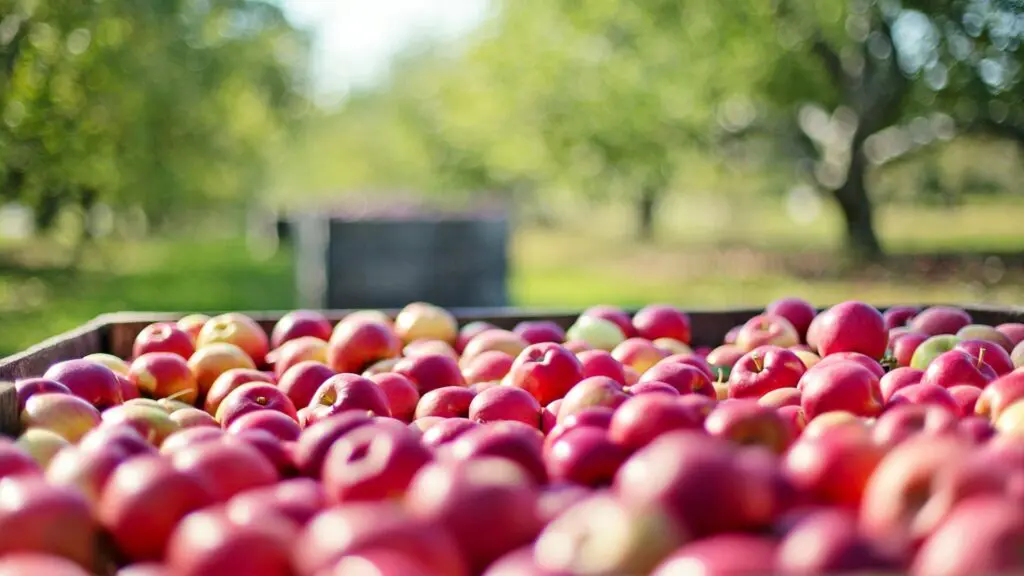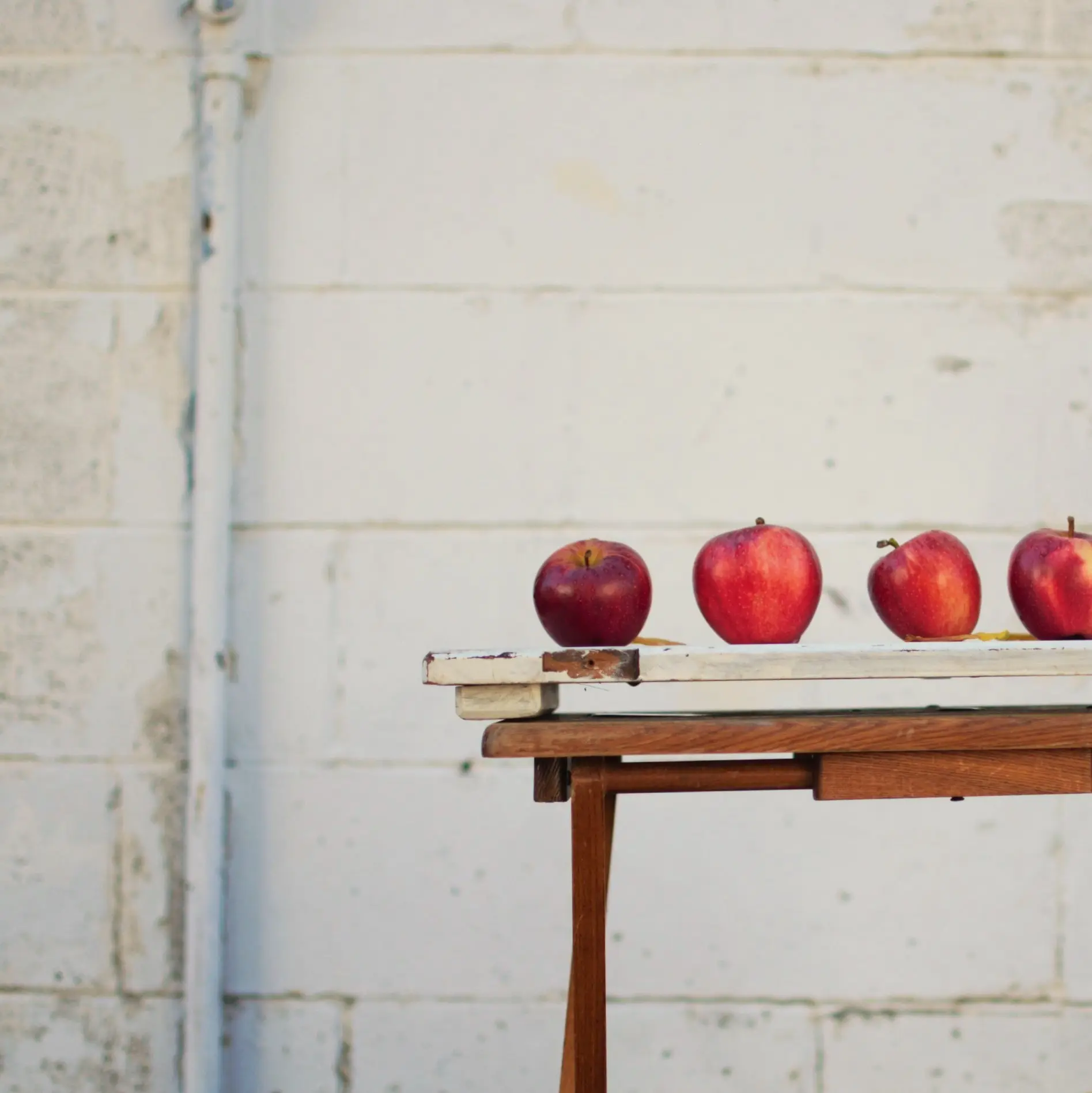After years of increasingly severe wildfires in major wine regions such as Sonoma, Napa and Mendocino counties in California, and in the Adelaide Hills of Australia (among others), the concern about damage caused by smoke taint in grapes grown in, near or within range of these areas has been prevalent. Considering that many of these areas are also premier cider growing regions, the question of whether smoke taint might also affect apples has been raised.
According to some apple growers, cidermakers and apple specialists, smoke taint does not appear to extend to apples — at least when it comes to the effects apple skins that have been in sustained contact with pervasive smoke may have on the cider.
Some producers would even say that smoke taint doesn’t exist or is a complete nonissue. One is Darek Trowbridge of Old World Winery and Trowbridge Cider in Fulton, Calif., who farms both grapes and apples and produces organic/natural cider and wine. “I’m willing to say openly that there’s no such thing as smoke taint with apples,” says Trowbridge, who macerates his apples on the skins for a few days before pressing.
Other cidermakers who grow apples in regions affected by serious wildfires, such as Ellen Cavalli of Tilted Shed Ciderworks (and Malus apple mag) and Suzanne Hagins of Horse and Plow Winery and Cidery in Sebastopol, Calif., appear to agree. Or at least they agree that thus far, they haven’t seen any issues in the ciders they’ve pressed and fermented from apples that hung for extended smoky periods.
“As grape and apple growers, we’ve experienced years where we have grapes we can’t bring in due to smoke taint,” says Hagins. “But our apples are still fine.”
Why Might Apples be Resistant?
Why do apples appear to be resistant to the effects of smoke? And what is it about the process of cidermaking (versus wine making) that may decrease the influence of smoke?
For starters, apple skin has a couple of layers of waxy coating, so it’s less permeable than grape skins. This is one of the reasons you don’t get many surface fungal issues or evaporation issues with apples, like you do with grapes. An apple, for example, doesn’t desiccate (shrivel up and rot) on the tree like grapes can on the vine.
Additionally, apples are typically not being macerated on their skins. If they are, they aren’t sitting on the skins for very long. Plus, most farmers and cidermakers rinse their apples before crushing them (unlike grapes that have more delicate skins).
“Some of the same polyphenols do exist in both grapes and apples, so it could be theoretically possible that extreme prolonged exposure to smoke might have some effects on juice pressed from higher tannin apples,” says apple historian and cider writer Darlene Hayes, author of Cider Cocktails – Another Bite of the Apple. “We just don’t have any real data on that yet.”

